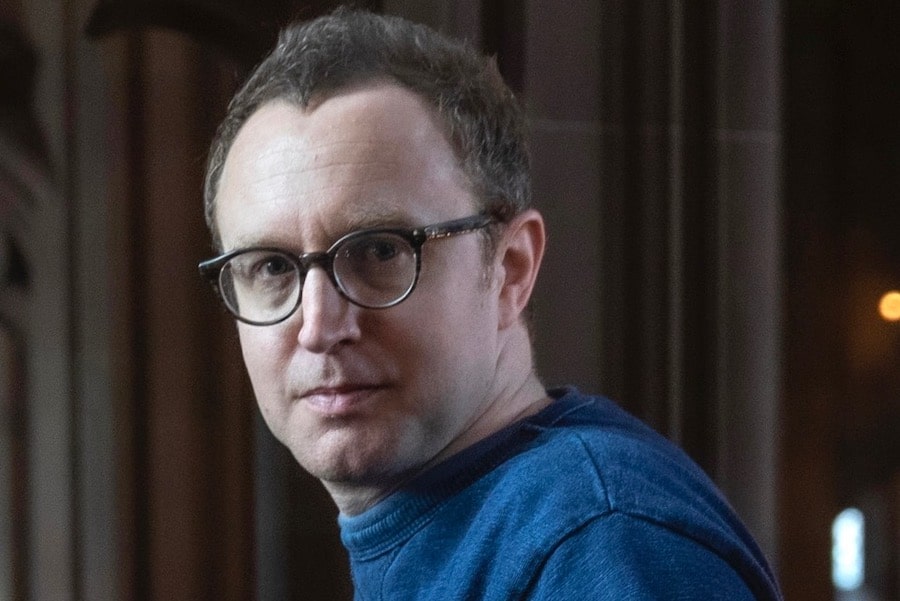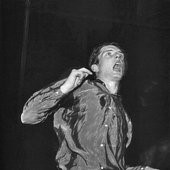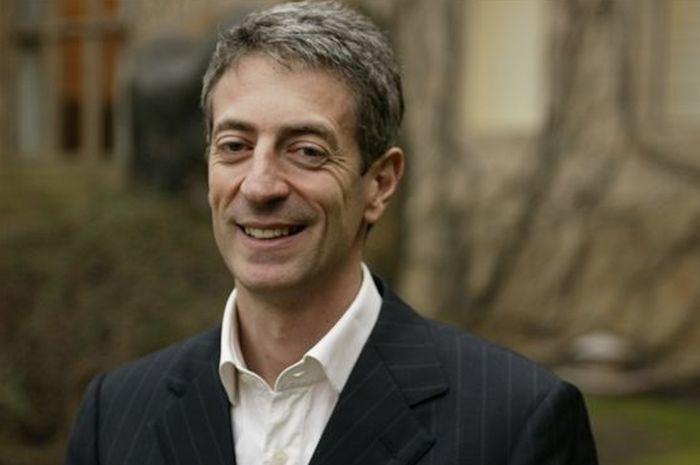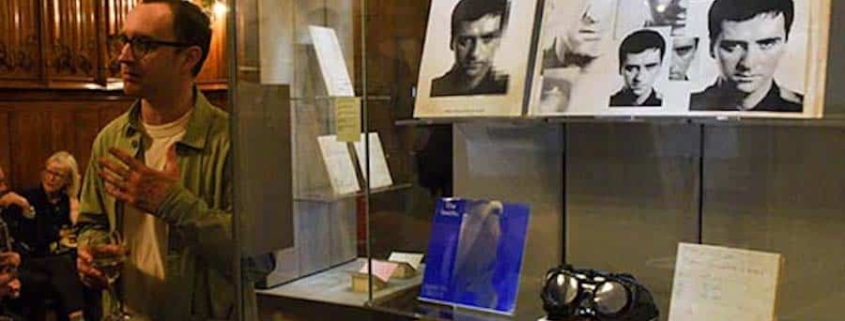BRITISH POP CULTURE LIVES THERE
another reason why I Love Manchester is because
BRITISH POP CULTURE LIVES THERE
says Norman Warwick
The British Pop Archive (BPA), is a ground-breaking national collection dedicated to the preservation and research of popular culture, counter-culture, and youth culture.
And, quite appropriately it lives in Manchester.

The collection is huge, encompassing all sorts of wonderful items documenting British pop culture, situated at the John Rylands Library. (left) Manchester’s incredible cultural scene is a global symbol of innovation, creativity and social progress – so it’s only right it plays a large part in the collection. The city´s history, rooted particularly within music, TV and the arts, distinguishes the city as unique. It makes it the perfect setting for a collection that preserves and tells the stories of popular culture on a national scale.
As the UK’s first large-scale archive focused specifically on popular culture, the BPA aims to celebrate and safeguard the rich and diverse heritage that has shaped British society and influenced the world.
The collection comprises major archives of individuals and organisations involved in British popular culture and the creative industries: from the business records of managers, music venues and TV companies to the personal papers of iconic musicians, artists, designers and photographers, to the recorded experiences of audiences and fans.
This innovative archive not only preserves the past but also serves as a dynamic resource for future generations to explore and understand the pivotal role of British popular culture on the global stage.

Mat Bancroft, (right) who curated the collection, has been talking recently about what they have in store, and which bits of Manchester history are tucked away.
The project was publicly launched in April 2021, he says, having been in development for a couple of years prior.
It was a collaboration between the John Rylands Library and the John Ryland Research Institute.
The idea was to develop a new initiative that brought various kinds of materials into the library, ones from popular culture.
This aimed to engage different people who did not typically use the library’s special collections, which are based at the Rylands.
We have a broad remit as a national project.
We’re looking at materials related to UK popular culture, likely from the mid-1950s to the present day.
While music remains central to the project, we also touch on design, theatre, poetry, and other elements of popular culture.
Our focus is on anyone involved in any aspect of popular culture, be it musicians, managers, club organizers, designers, photographers, or even individuals behind fan clubs.
We prioritise archives over collections, focusing on those directly involved in the scene.
However, we’re open to considering various contributions, even if the individuals aren’t world-famous.
Recent acquisitions include materials from photographer Kevin Cummins, DJ Mike Pickering, and Linda Brogan, who did the ‘Excavating the Reno’ project.
Expanding our criteria for what is considered archival is essential as the project grows.
Our long-term aim is for the British Pop Archive to be representative of UK popular culture in the broadest terms.
When we first opened the exhibition, we did an exhibit called Collection. It was a Manchester-focused archive, and we tried to display as many different stories as we could from the materials available.

We had several of Ian Curtis’s handwritten lyrics from Joy Division, (left) including a notebook, some lyrics, and correspondence.
We showcased one of Johnny Marr’s guitars and materials from the archives of Tony Wilson. We’ve also got some stuff from Rob Gretton – manager of Joy Division and New Order.

We included items from the Hacienda, City Life magazine founder Andy Spinoza, (right) and photographer Kevin Cummins.
Additionally, we incorporated materials from Granada Television’s corporate archive and the personal archives of former Granada employees, Stephen Kelly, Judith Jones, and Norman Frisby.
It was a mixture that offered a good sense of where we were at that point, including several items that had not been seen publicly before.
.
We discussed whether Manchester was the right city for the archive early on, and to be honest, it was a no-brainer. However, Manchester is a city renowned for its contributions to popular culture, from bands and artists to designers. The city’s regeneration, inspired by Factory Records and the Hacienda in the late ’70s and early ’80s, showcases how important it was culturally. While the archive is a national project, Manchester’s rich history in pop culture makes it the perfect home for the British Pop Archive.
We’re working on a project focusing on lost urban music stories in Manchester, particularly black music stories.
We’re hosting a panel discussion as part of the University of Manchester Festival and the university’s bicentenary celebrations.
This project aims to uncover why certain stories have been forgotten, starting with musicians and bands from Moss Side.
While the well-known bands are celebrated for good reason, we want to ensure we tell the broader story of Manchester’s musical heritage.
Mat spoke as part of the Universally Manchester 200-year celebrations.
His part of the talk was called: Wake up and Be Somebody – Uncovering Lost Urban Music Stories in Manchester.
It took place on: Friday 7th June, On the Green, Gilbert Square
“Inspired by music historian Keithly Brandy, this is an intriguing new project looking at the city’s forgotten or rarely known urban music stories – asking why, outside of their community, do they not form part of the wider narrative, and how can they act as a force for change and inspiration to a new generation of artists?

Sylvia Teller (left) This thought-provoking panel discussion documented these remarkable stories as part of the British Pop Archive, based at the John Rylands Research Institute and Library. The esteemed panel, chaired by writer and archivist Karen Gabay, included Keithly Brandy, singer Charley Henry, singer Sylvia Teller and guitarist Trevor Moffat, and was followed by a DJ set from renowned Reno Club and Haçienda DJ Hewan Clarke.”




Leave a Reply
Want to join the discussion?Feel free to contribute!